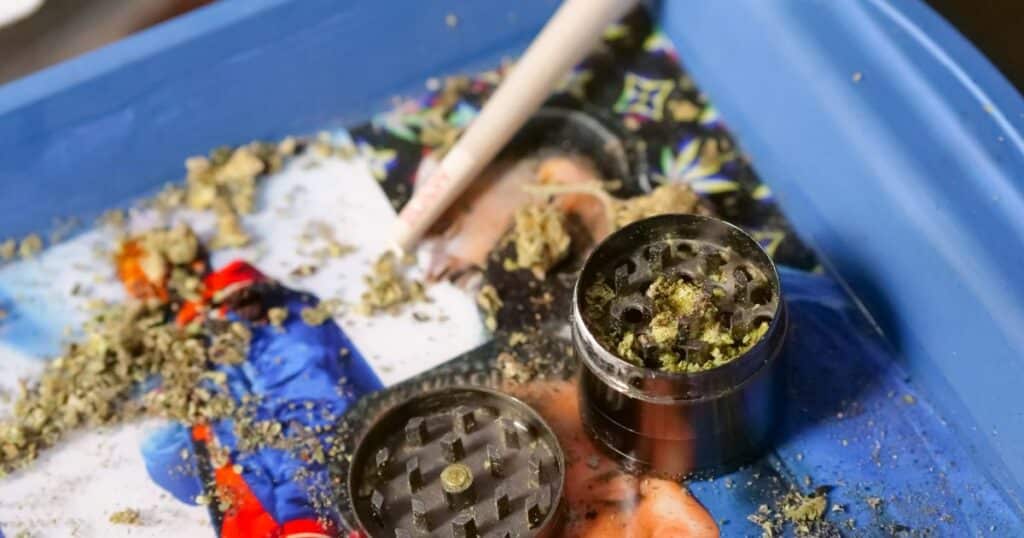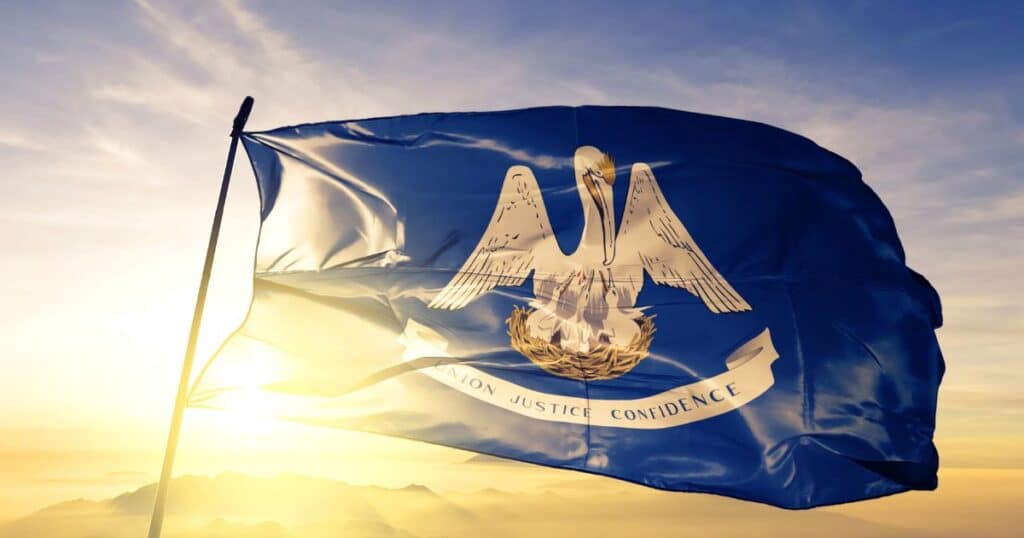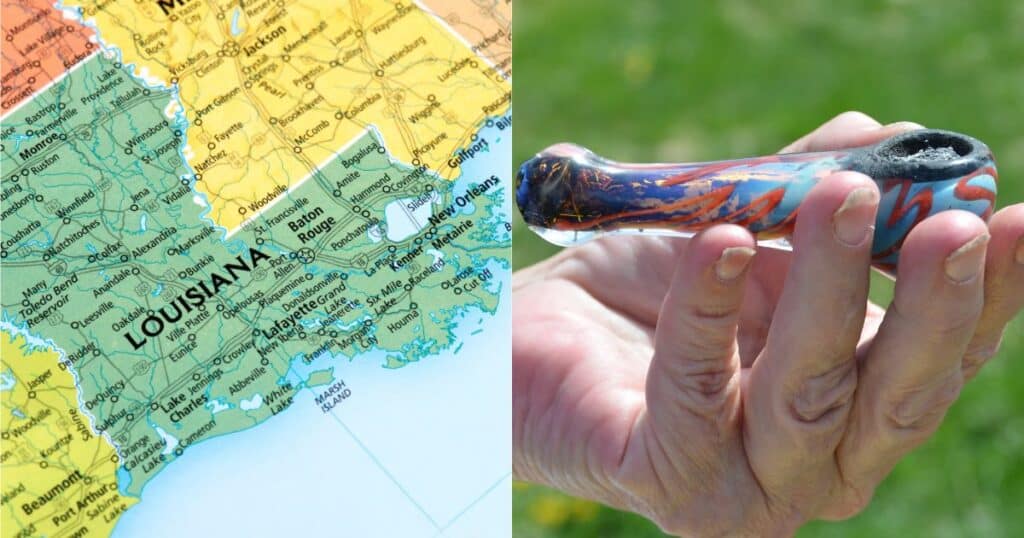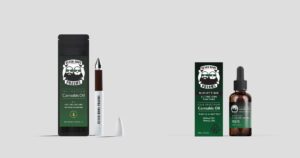In recent weeks, Louisiana’s Governor Landry has signed a series of significant bills into law, reflecting a nuanced approach to marijuana legislation within the state. Notable among these legislative changes is the decriminalization of marijuana paraphernalia, a move aimed at aligning the state’s laws with the evolving perspectives on minor cannabis-related offenses.
However, in a controversial decision, he vetoed a bill aimed at facilitating expedited pardons for first-time marijuana offenders, citing concerns about a perceived leniency towards crime. This mixed legislative agenda highlights the ongoing complexities and debates surrounding marijuana policy in Louisiana.

A Step Forward Decriminalizing Marijuana Paraphernalia
Last week, Governor Landry signed Representative Delisha Boyd’s House Bill 165, which decriminalizes the possession of marijuana paraphernalia. Previously, individuals caught with cannabis-related items faced penalties of up to 15 days in jail and a $300 fine.
Under the new law, which takes effect on August 1st, first-time offenders will only face a $100 fine, while second-time offenders will be fined $500. This move aligns with existing laws that have already decriminalized the possession of small amounts of marijuana.
Decriminalization reflects a growing recognition that minor marijuana-related offenses should not lead to jail time. NORML’s Deputy Director Paul Armentano aptly noted in an article about Landry’s signing of HB 165, “State law already recognizes that no one should be in jail for possessing small amounts of marijuana; this new law similarly recognizes that no one should be in jail for possessing marijuana paraphernalia,”
Veto on Expedited Pardons for First-Time Offenders
In a contrasting move, Governor Landry vetoed House Bill 391 also brought forward by Representative Delisha Boyd, which sought to allow the executive branch to grant expedited pardons for first-time marijuana possession offenses. This bill intended to streamline the pardon process by removing the requirement for a recommendation from the state’s Board of Pardons.
Governor Landry criticized the bill in his veto message, stating it was an attempt to adopt a “soft-on-crime, no-consequences-for-criminals agenda” approach encouraged by President Biden. He emphasized his commitment to strengthening Louisiana’s criminal justice system and maintaining the rule of law. Landry’s veto came despite the bill’s significant support in both the House (63 to 30) and the Senate (31 to 7).
NORML’s Deputy Director Paul Armentano criticized the Governor’s decision. “Governors and lawmakers around the country are taking steps to right the past wrongs of cannabis criminalization. This includes efforts to end the stigma associated with past marijuana convictions and to provide millions of Americans with a fresh start. It’s a shame to see Louisiana’s Governor taking the state in a different direction.”
While Governor Landry’s veto on expedited pardons for first-time marijuana offenses in Louisiana made headlines, Maryland took a notably different approach. Governor Wes Moore signed an executive order pardoning the records of over 175,000 individuals with past marijuana convictions.
Privatized Medical Marijuana and Stricter Regulations on Hemp
Governor Landry also signed Senate Bill 228 into law last month, privatizing the commercial cultivation of medical cannabis. Previously, this right was exclusive to two public universities. This shift to private cultivation aims to boost the state’s medical cannabis industry, which currently serves nearly 40,000 registered patients.
Privatizing cultivation could lead to increased efficiency and innovation in the production of medical cannabis, aligning it with most of the medical marijuana programs seen across the United States.
In addition to the changes concerning marijuana, Governor Landry signed legislation HB952 last week to further regulate hemp products in the state. The new regulations, which include lowering the THC content in consumable hemp products and restricting their sale at gas stations, aim to ensure consumer safety while supporting the burgeoning hemp industry.
These regulations are a response to concerns about the safety and quality of hemp products available on the market. By imposing stricter standards, the state aims to protect consumers while allowing the hemp industry to continue to grow responsibly.

Louisiana has a long history of stringent regulations on cannabis, reflecting a cautious approach to marijuana policy. The recent legislative actions by Governor Landry underline this complexity.
While the signing of laws decriminalizing marijuana paraphernalia and privatizing medical cannabis cultivation indicate a step in the right direction, his veto on expedited pardons for first-time offenders shows that the state still has work to do, especially when you have other states at the same time pardoning 175,000 offenses.
















